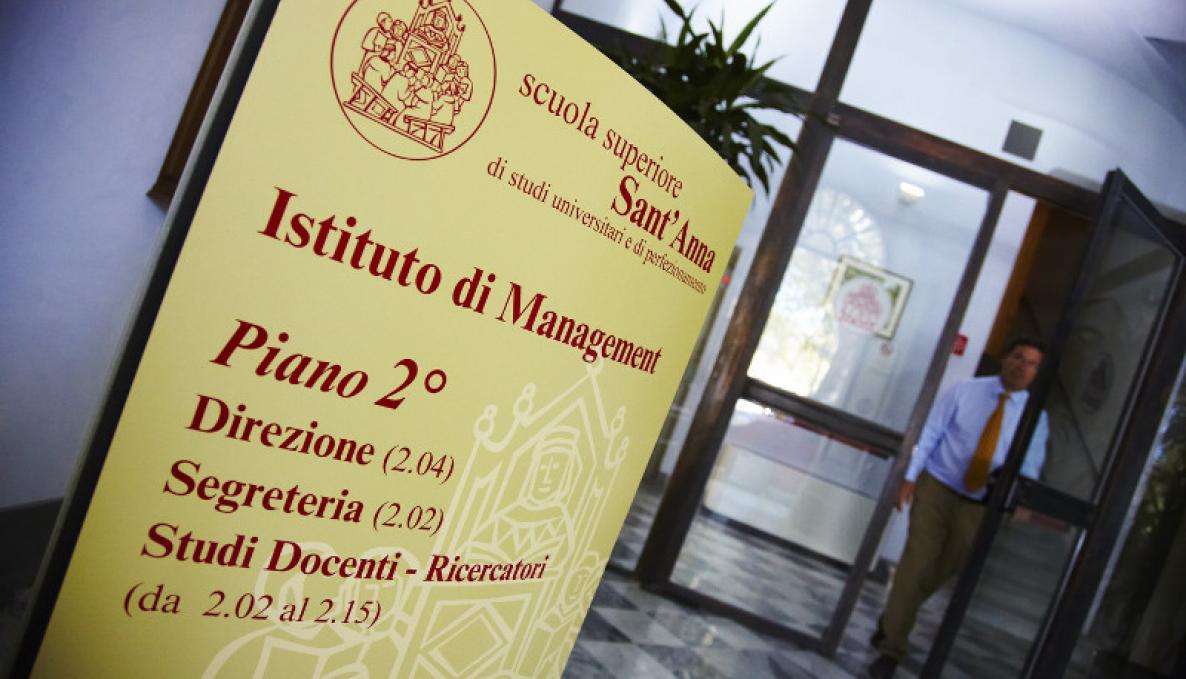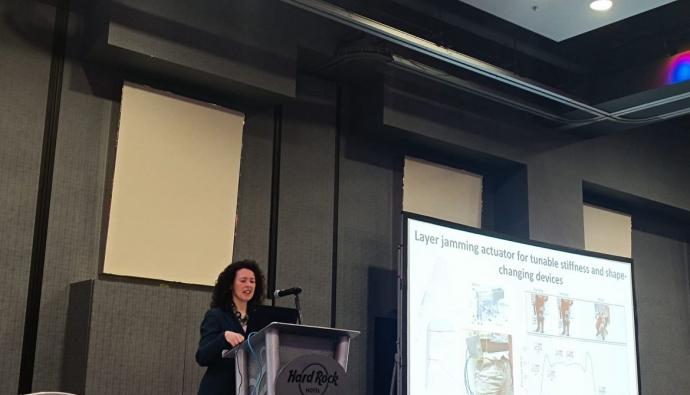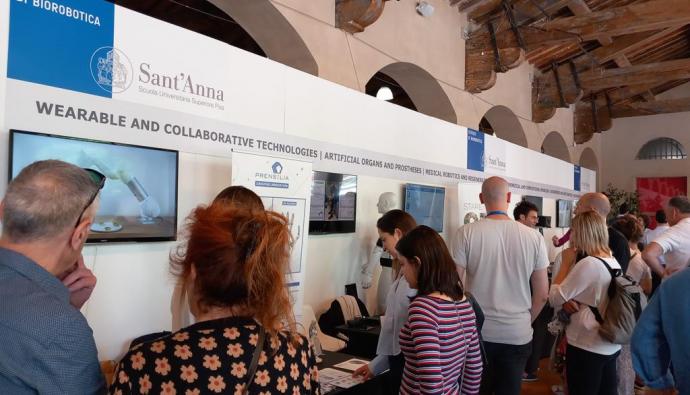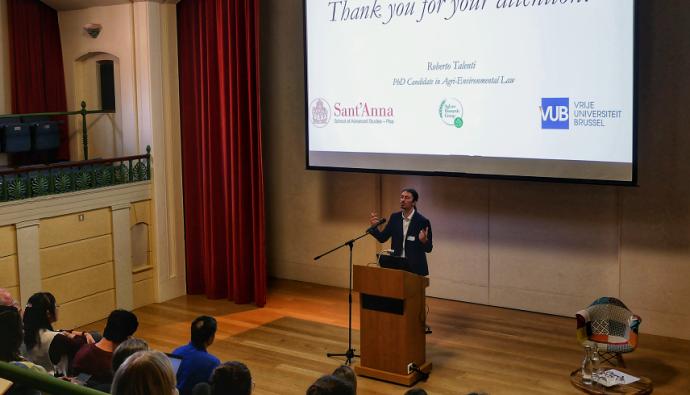BIO-WASTE RECYCLING: 4th INTERNATIONAL CONFERENCE ON WASTE MANAGEMENT AT SANT’ANNA SCHOOL ON MARCH 15-16

The Fourth International Conference on Waste Management will discuss the benefits of municipal solid waste recycling on March 15-16, 2018 at Sant’Anna School – Pisa. The conference, organized by Sant’Anna School Institute of Management and Geofor, gathers experts and academics, scientists and industry representatives across the globe to provide an international forum for the dissemination of research results, new strategies and best practice for bio-waste management and food waste prevention in the circular economy.
The conference covers a wide range of topics, including global frameworks for bio-waste management (session I), food waste prevention (session II), circular products for closing biological cycles (session III), recycling/use of organic waste and energy recovery of bio-waste (session IV). This conference welcomes papers and relevant research on all aspects of sustainable solid waste management systems. In addition to the presentation of papers, the conference will offer a workshop opportunity for interactions between researchers and decision makers. This panel discussion will focus on European strategy for overcoming barriers to the circular economy.
A recent survey by the European Compost Network (ECN) indicated that across Europe around 138 million tons of bio-waste arises annually, of which only about 25% is effectively recycled into high-quality compost. The majority of municipal waste generated in Europe is still disposed of through landfilling or incineration. Biodegradable waste in landfills is the main factor for the generation of the greenhouse gas methane and assuming that about 50% of municipal solid waste is bio-waste, this means that we need a coherent legal framework to promote bio-waste recycling based on a CE systems-thinking approach across Europe, coupled with effective home composting. The methods used to control the bio-waste process depend on the materials being composted. Organic materials may arrive as mixtures of compost waste produced from municipal parks and gardens, from separate household collection and commercial or industrial waste (restaurants, hotels, shops and markets).
The objective of the European Union is to discuss agreements to amend the waste management directives. In February 2018, EU ambassadors endorsed the provisional agreement on the four legislative proposals of the waste package. The process will lead to more recycling of waste and contribute to the creation of a circular economy. It will improve the way waste is managed as well as encourage the re-use of valuable material embedded in waste. By 2025, the level of recycling municipal waste will increase to 55% and by 2030, to 60%. The European Commission initiated an amendment of the waste management directives at the end of 2015 with a view of promoting the transition to a circular economy. Twenty percent of the food produced in the EU is wasted. Eighty-eight million tons every year, worth 143 billion euros, goes to waste.
The primary target of solid waste management systems is to protect the health of the population, promote environmental quality, and develop sustainability. To meet these goals, sustainable solid waste management systems must be embraced by local authorities in collaboration with both the public and private sectors. The United Nations in September 2015 provided a voluntary scheme for the certification of standards to be included in the 2030-agenda. The focus is still on a collective solution for global waste management as a starting point for sustainable development. EU standardized date labeling, consumer education campaigns and recovery solutions can contribute significantly to reducing food waste and have the power to make large-scale impacts over time.



